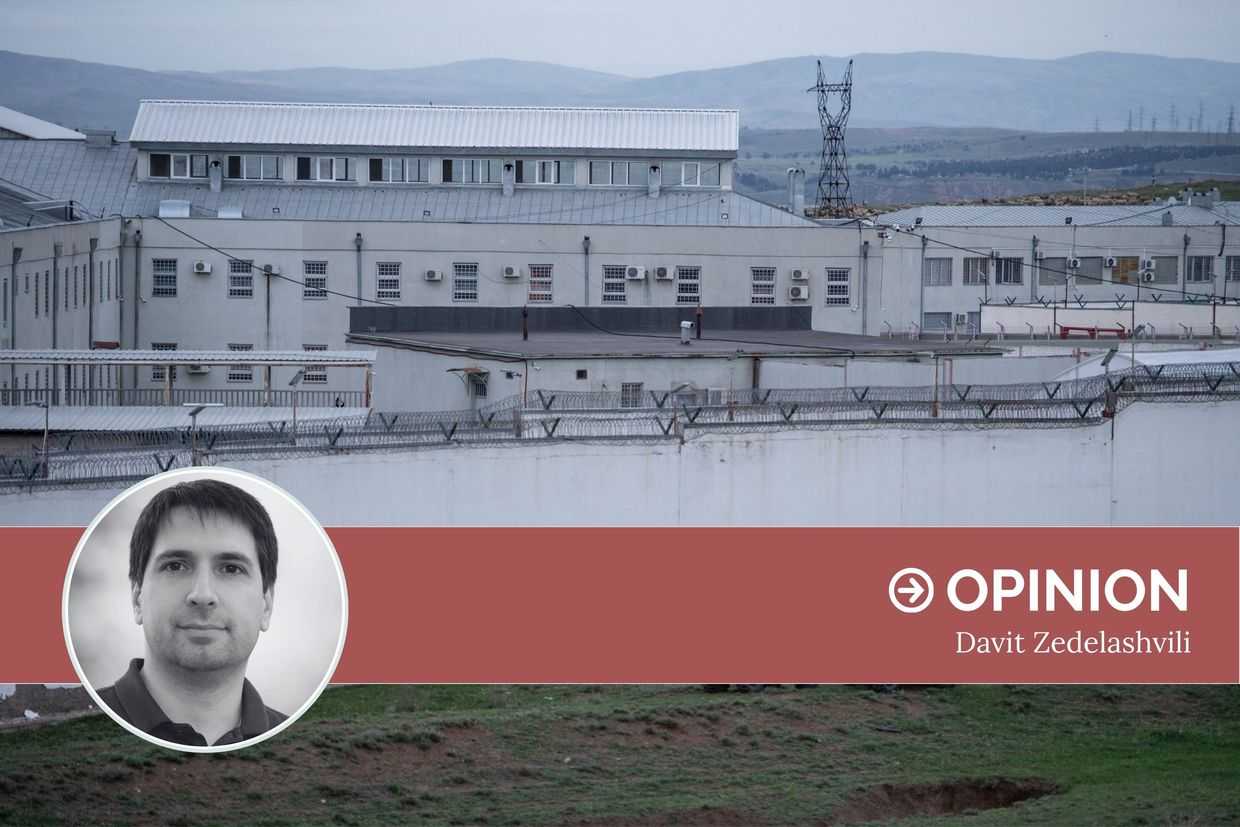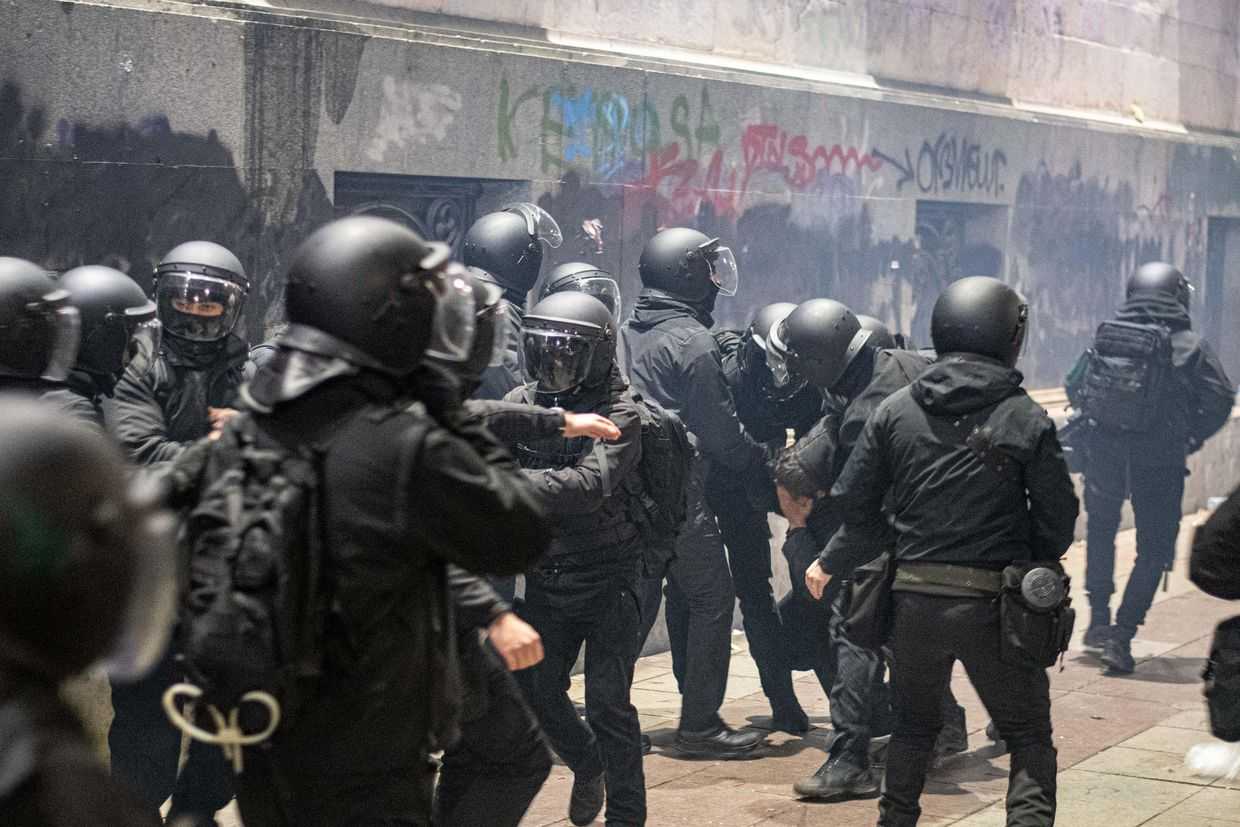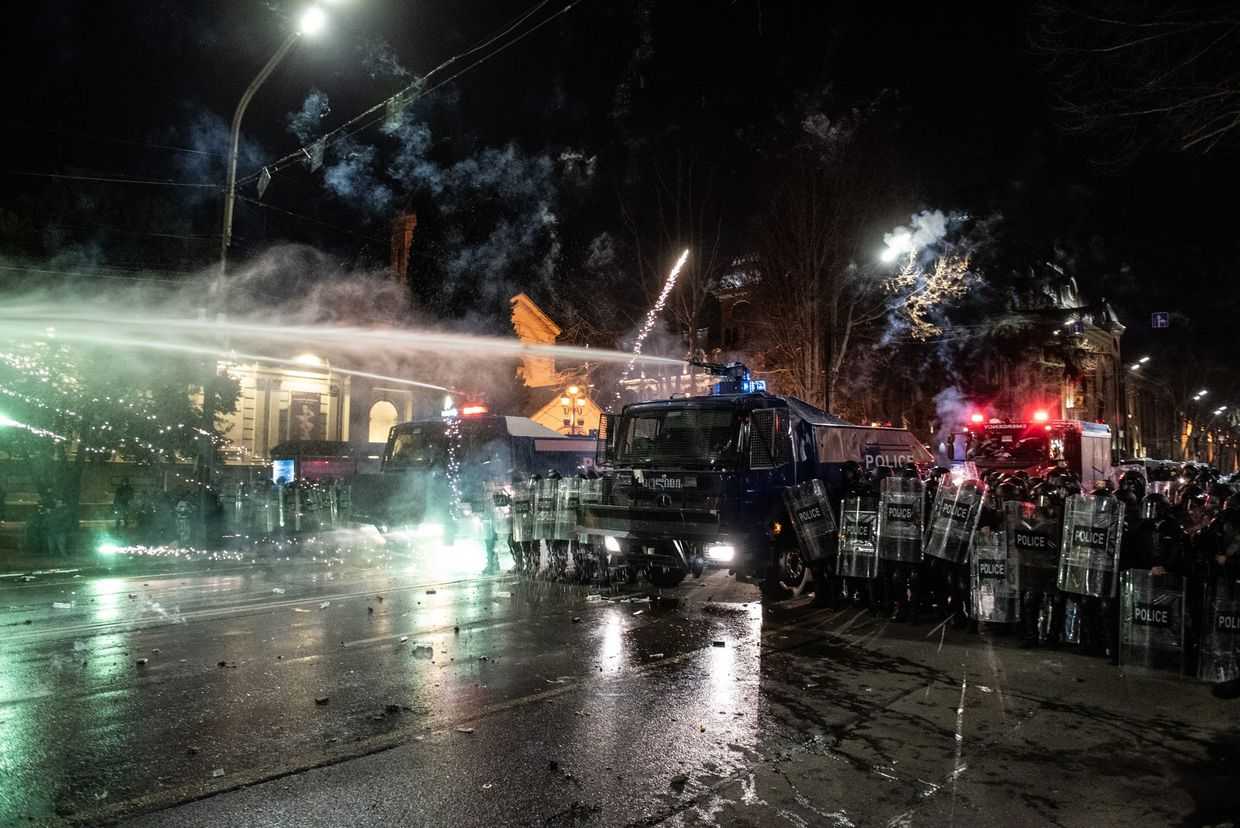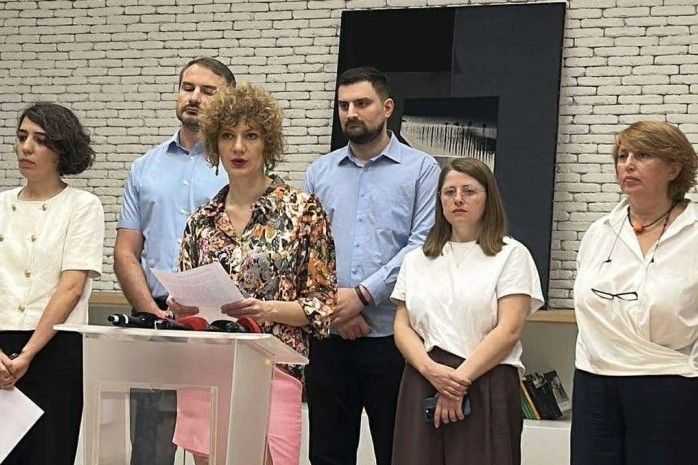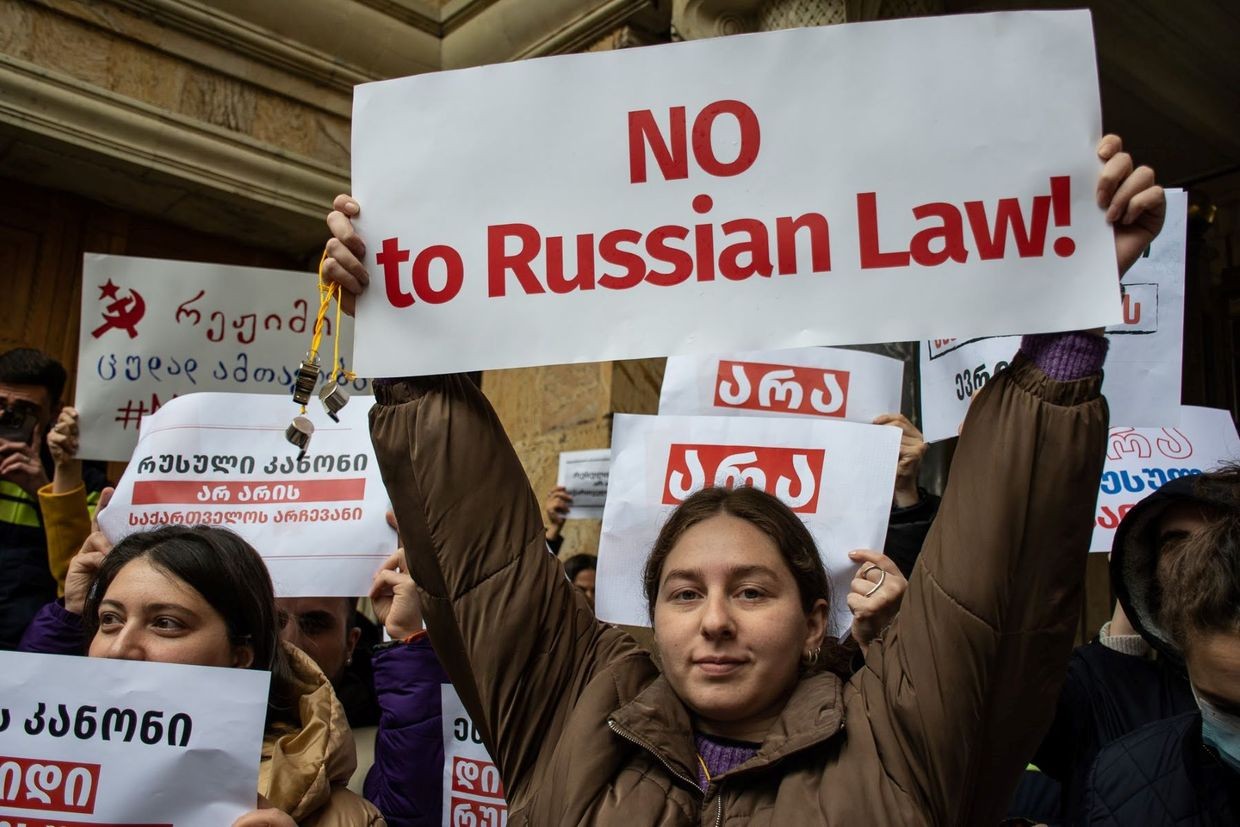
The Secretary General of the Council of Europe, Alain Berset, stated that Georgian Prime Minister Irakli Kobakhidze refused to establish a joint working group to work on amendments to the controversial foreign agent law.
The agreement to establish the working group was reached between Berset and the ruling Georgian Dream party during his visit to Georgia in December 2024.
On Friday, the Council of Europe stated that Berset received the refusal during a telephone conversation with Kobakhidze, which took place on 3 February.
The statement said that on 20 January, the Secretariat of the Council of Europe sent a letter formally requesting the establishment of the working group, but the request went unanswered.
‘During Monday’s telephone conversation, the Prime Minister stated that “due to changed circumstances”, his government was no longer willing to participate in a joint working group or to amend the [foreign agent] law as previously discussed’, the statement read.
‘The Secretary General noted with great regret the decision of the Georgian authorities’.
In the statement, Berset also reiterated his concern about the state of the rule of law and human rights in Georgia, as well as the polarisation of its political landscape.
‘The task is now to assess the impact of the new situation created by the government’s change of course. Dialogue with the Georgian authorities is ongoing’.
Nonetheless, the statement said that Kobakhidze had reaffirmed Georgia’s commitment to continue working with the Council of Europe in the framework of intergovernmental cooperation.
During his visit to Georgia in December, Berset stated that the Georgian government had promised to amend the content of the foreign agent law, for which a working group will be established by representatives of Georgia and the Council of Europe.
At the time Berset said that the working group would include the Venice Commission.

On Wednesday, Georgian Dream’s parliamentary leader Mamuka Mdinaradze stated at the briefing that they will cancel controversial foreign agent law and adopt a ‘direct copy’ of the US Foreign Agents Registration Act (FARA).
The foreign agent law labels any civil society or media organisation that receives at least 20% of its funding from abroad ‘organisations carrying out the interests of a foreign power’. Such organisations must register as foreign agents in a special registry and are subject to monitoring every six months, which lawyers have warned could include forcing them to hand over internal communications and confidential sources. Organisations that do not comply are subject to large fines.
Many civil society and media organisations in Georgia receive their funding from the EU, the US, or other Western countries or bodies.
Mdinaradze said that the new law regulating civil society organisations was needed because ‘several dozens of the wealthiest’ organisations have not registered as foreign agents.

In spring 2024, Georgia was shaken by the protests against the foreign agent law which was ultimately adopted by the parliament against the background of mass protests and clashes between demonstrators and law enforcement officers.
The law was met with fierce opposition domestically and internationally, with waves of street protests in Georgia after its reintroduction, and the West warning that it could derail Georgia’s EU aspirations.Following its adoption, the EU suspended financial aid to Georgia and the US postponed annual military drills it conducted in the country.





